Leadership in Nursing: Literature Review of Senior Charge Nurses
VerifiedAdded on 2023/04/21
|7
|817
|105
Literature Review
AI Summary
This assignment presents a literature review focusing on nursing leadership, specifically examining the roles and leadership behaviors of senior charge nurses. It synthesizes findings from two research articles employing mixed-methods study designs. The first article investigates the leadership behaviors of senior charge nurses in relation to hospital ward safety, utilizing semi-structured interviews to assess task and relation-oriented behaviors. The second article explores the experiences and perspectives of senior charge nurses regarding national clinical leadership policy, using electronic surveys and semi-structured interviews to evaluate the impact of the policy on leadership qualities, team performance, and patient care. Both studies highlight the importance of leadership in nursing and the positive effects of leadership programs on nurses' confidence and the quality of care delivered.
1 out of 7
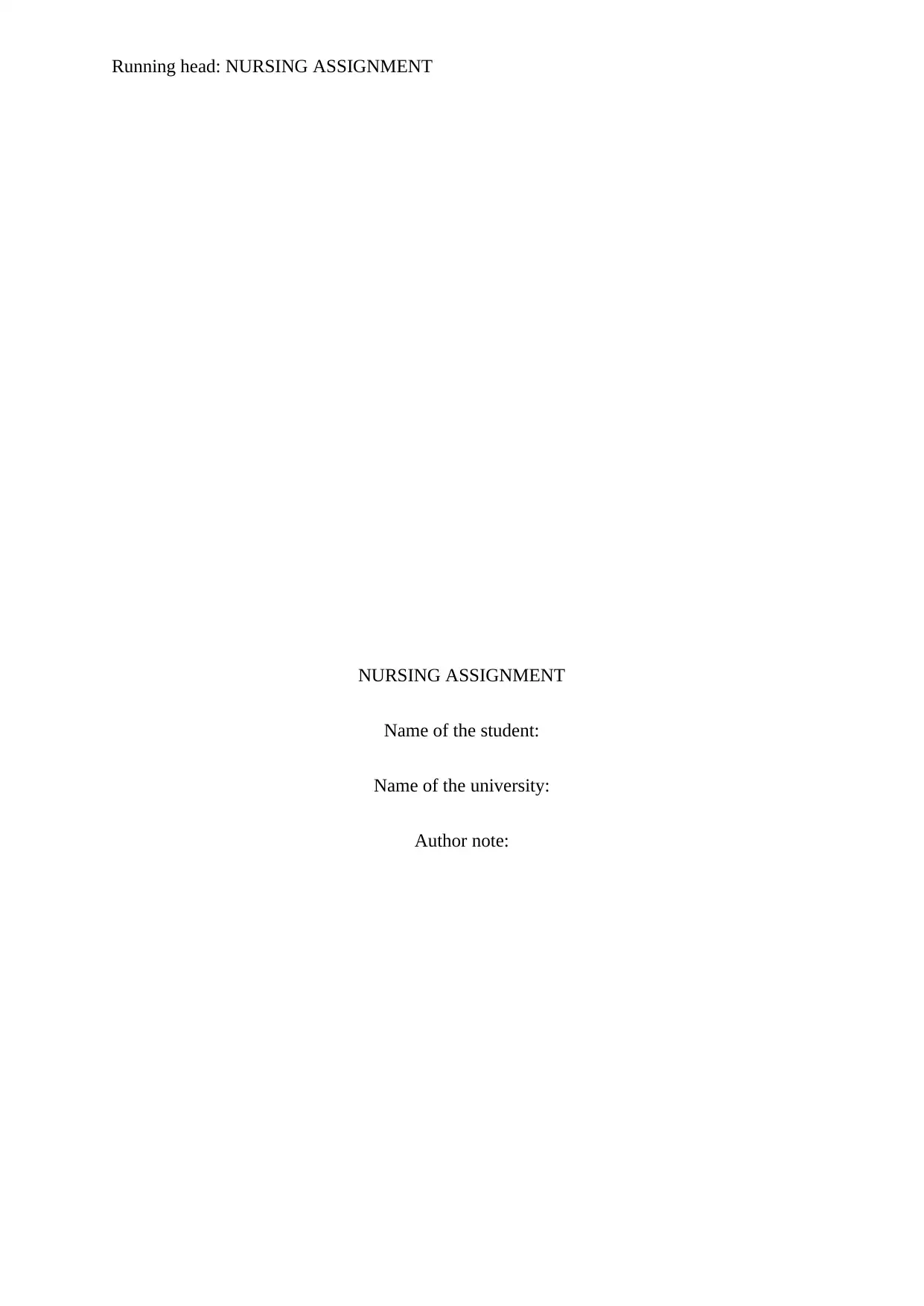
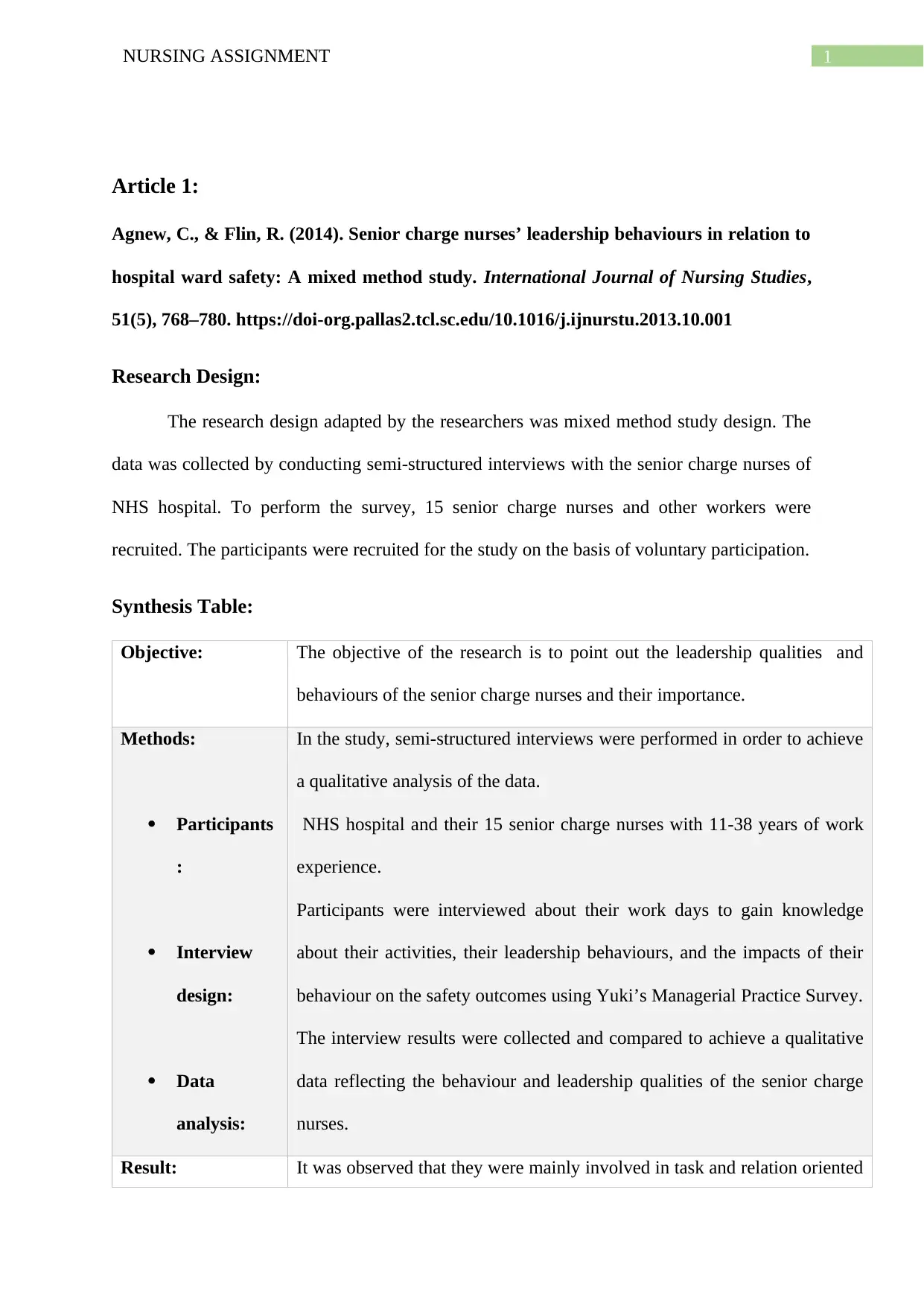
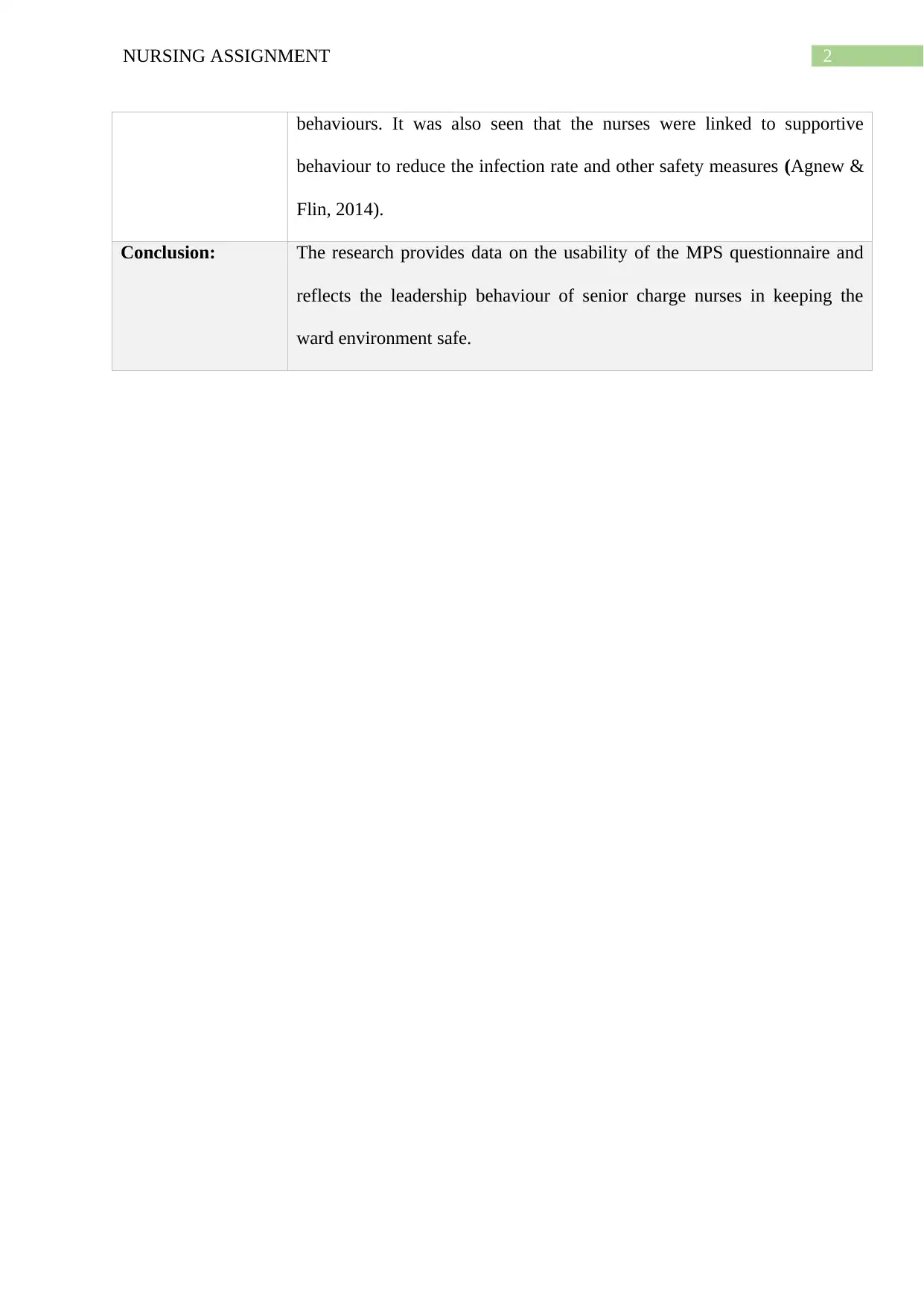

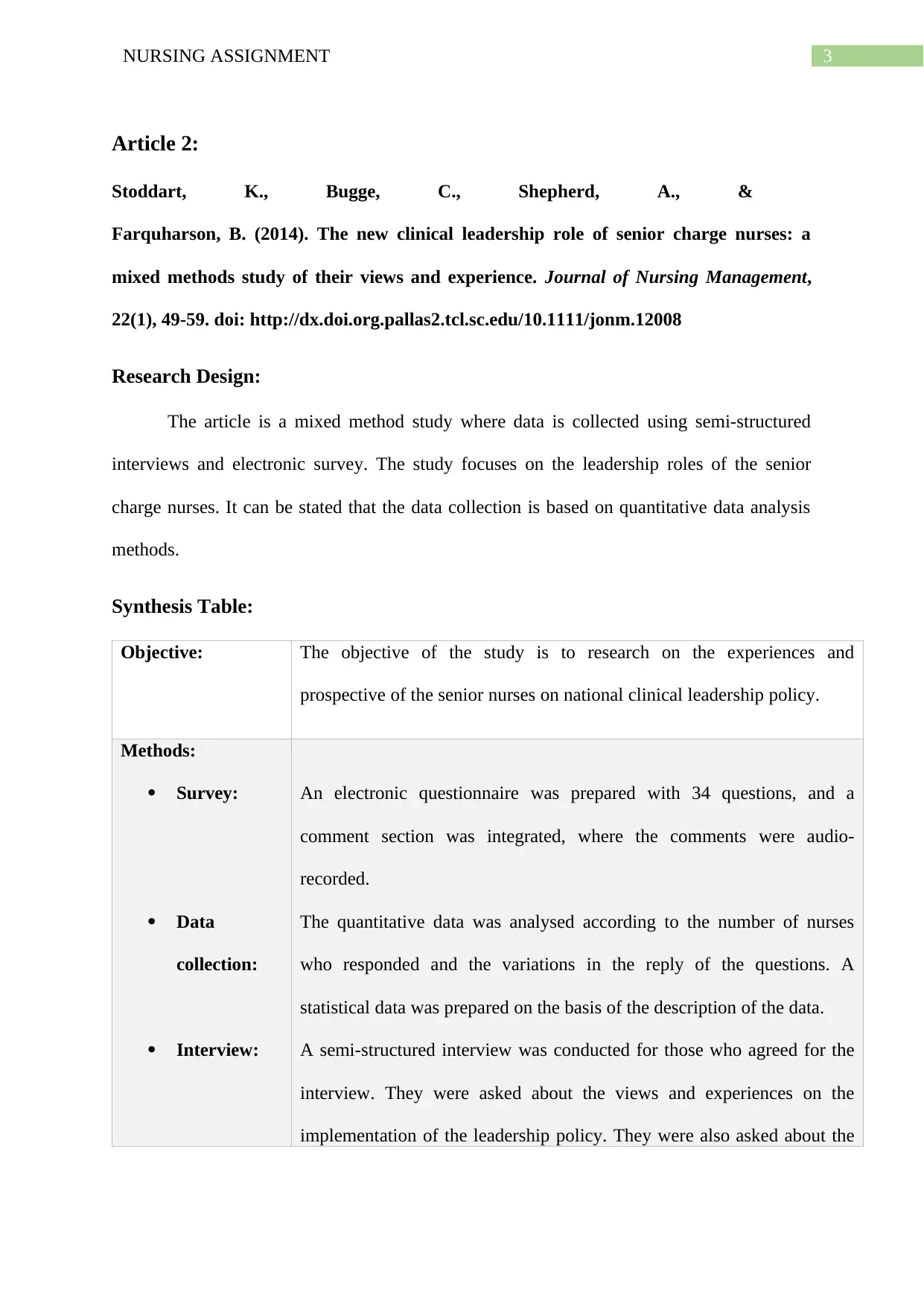
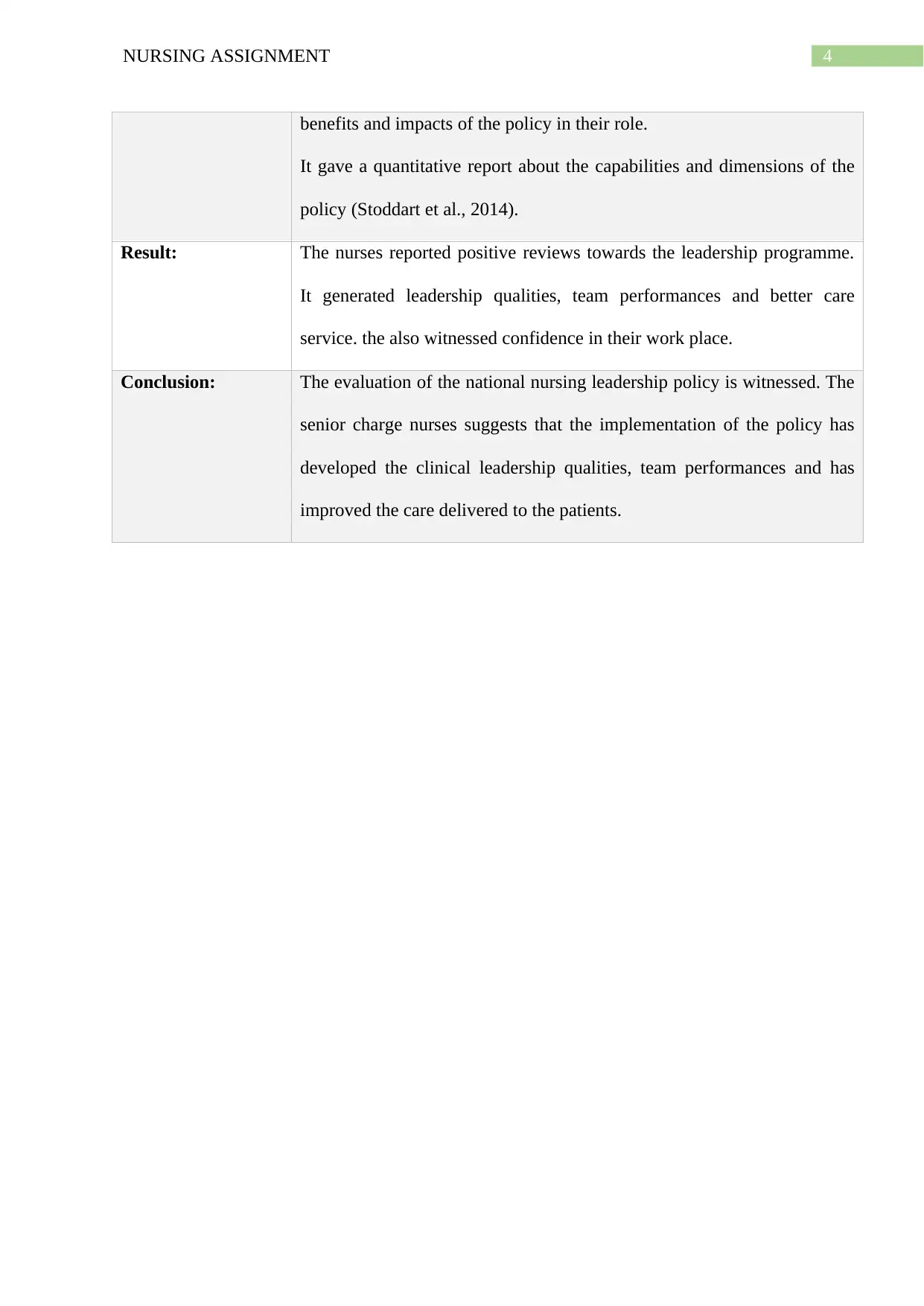
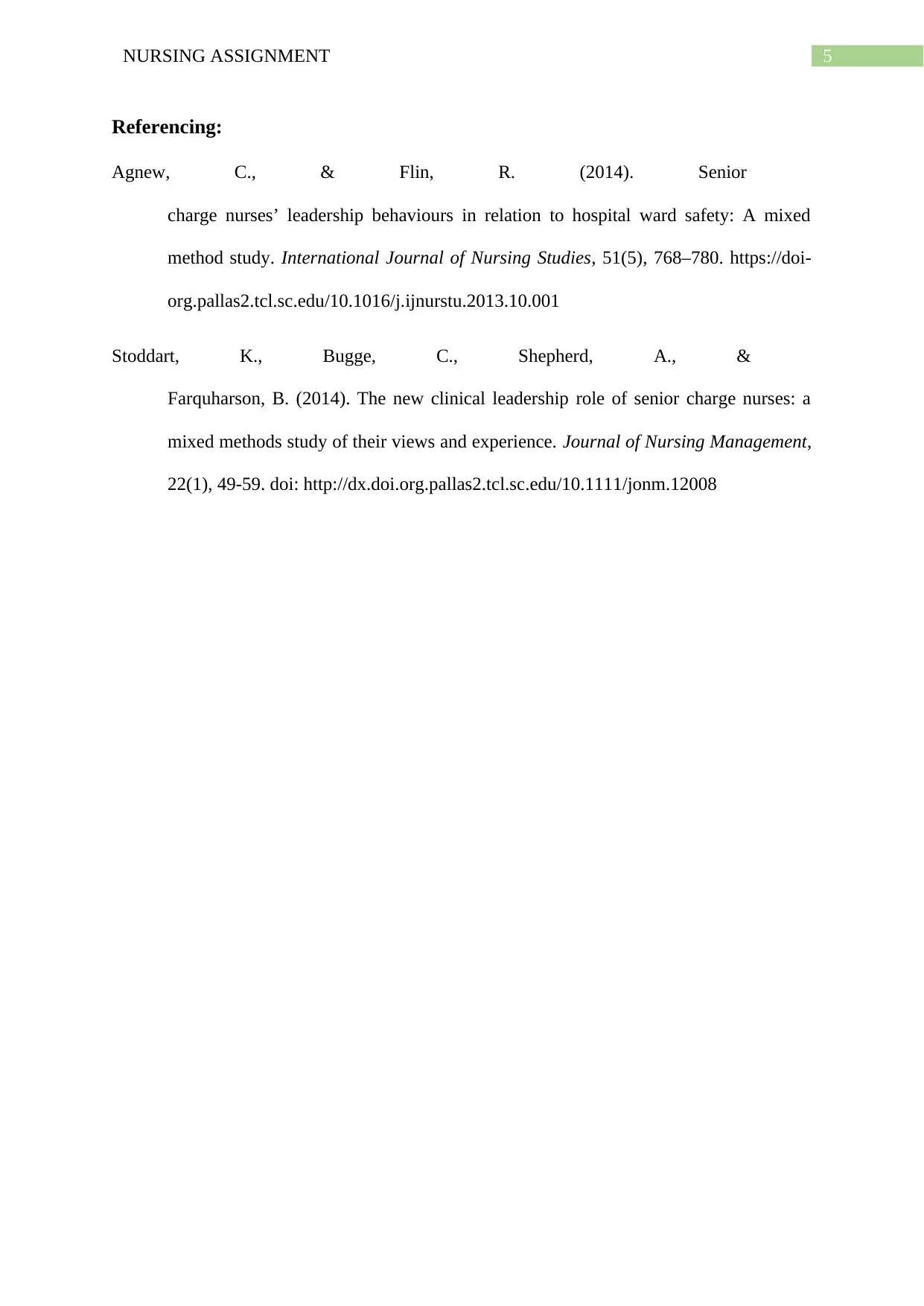







![[object Object]](/_next/static/media/star-bottom.7253800d.svg)